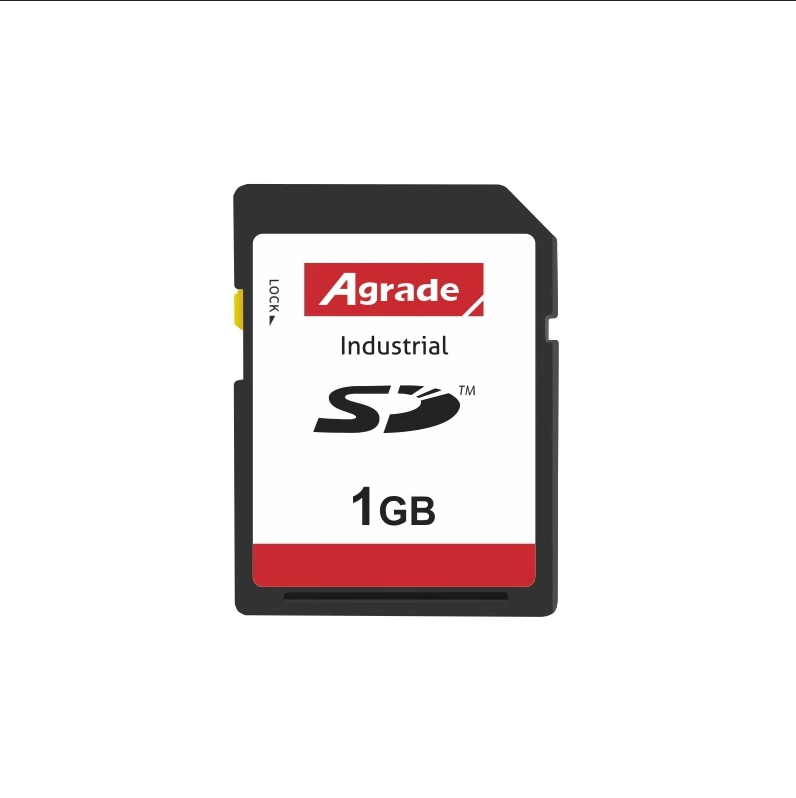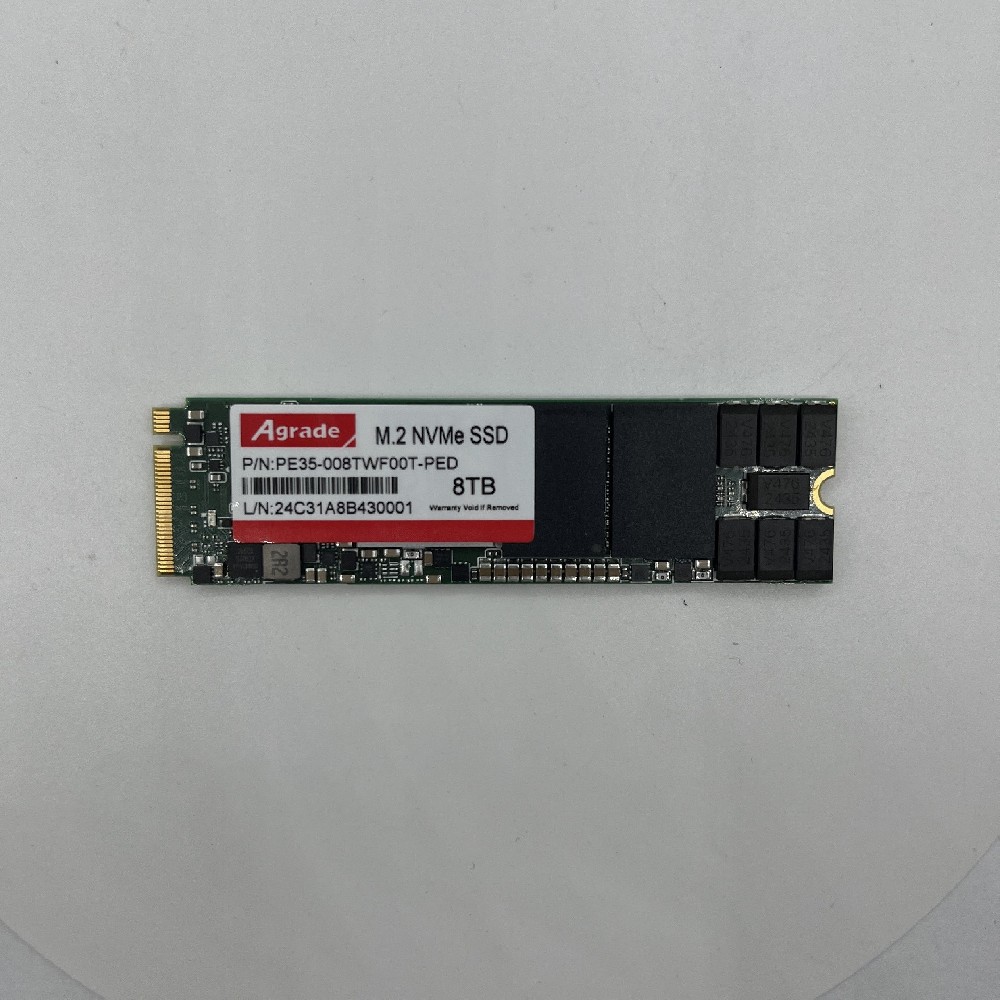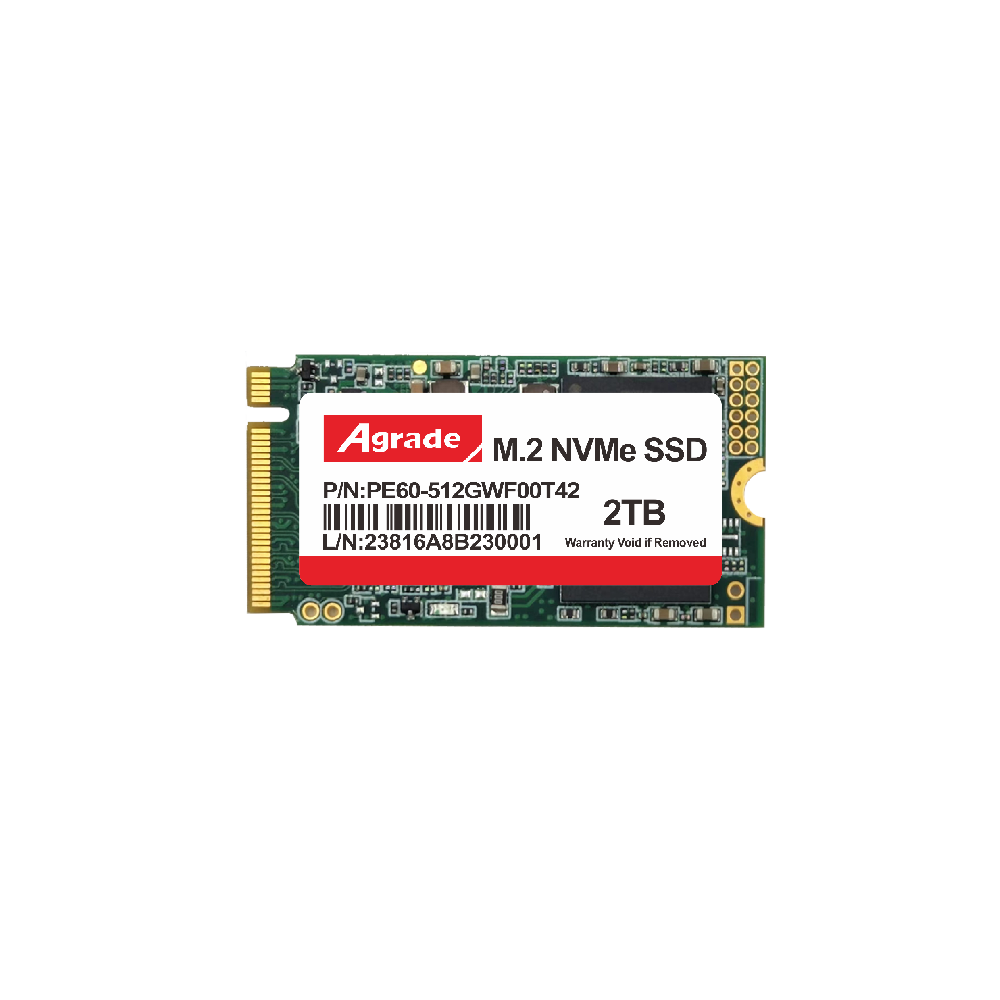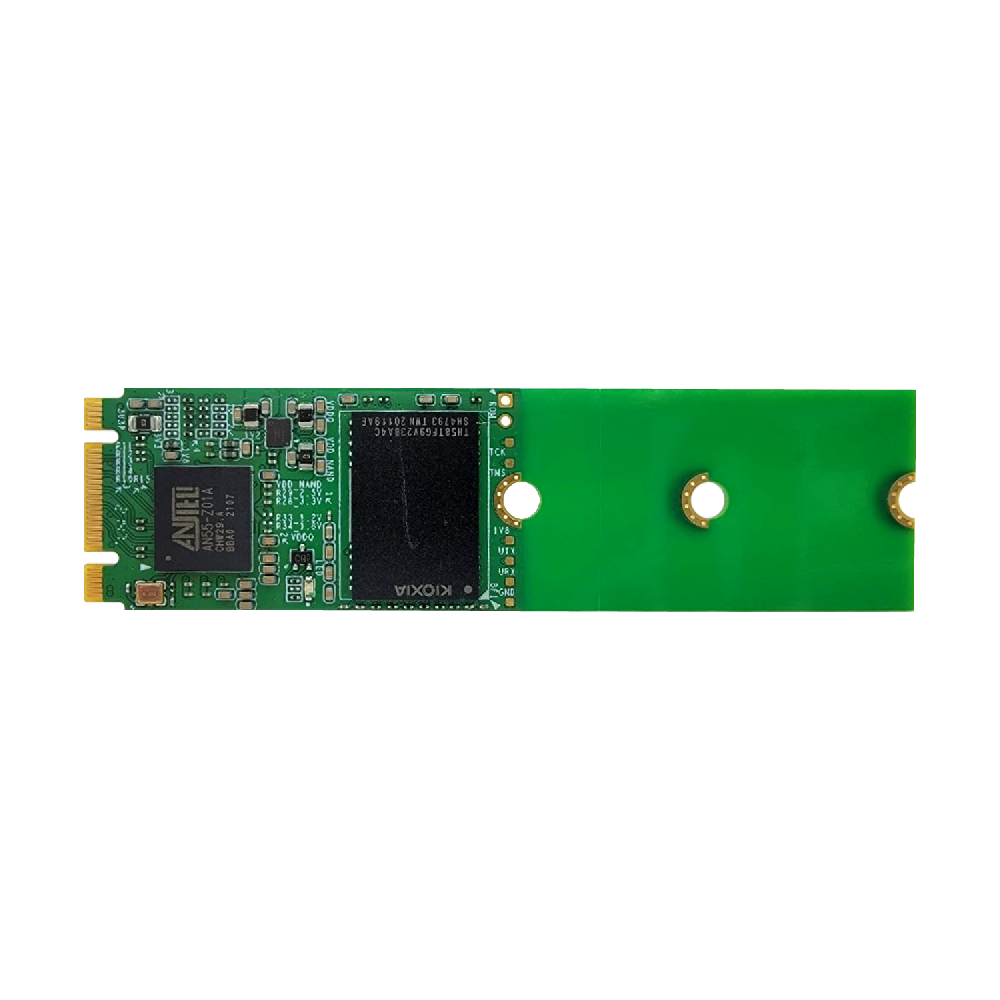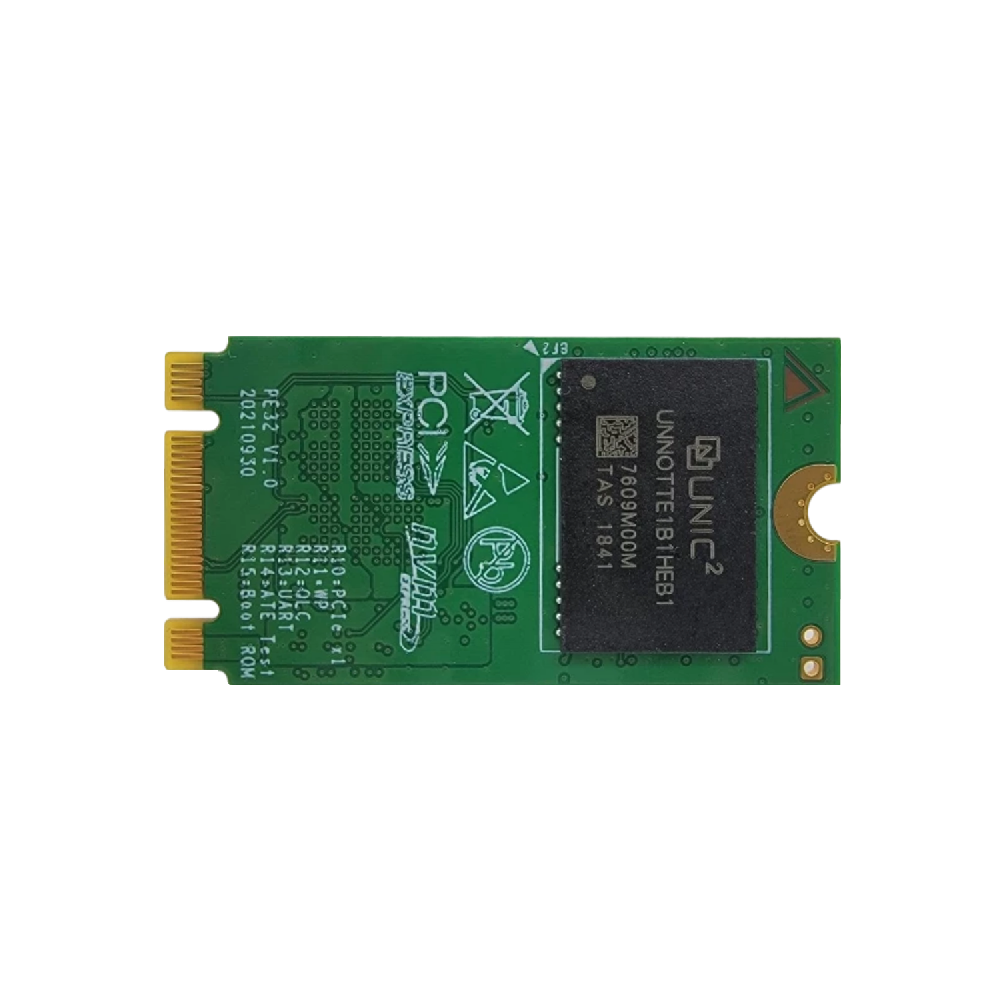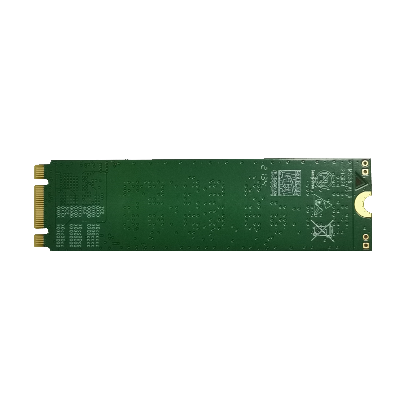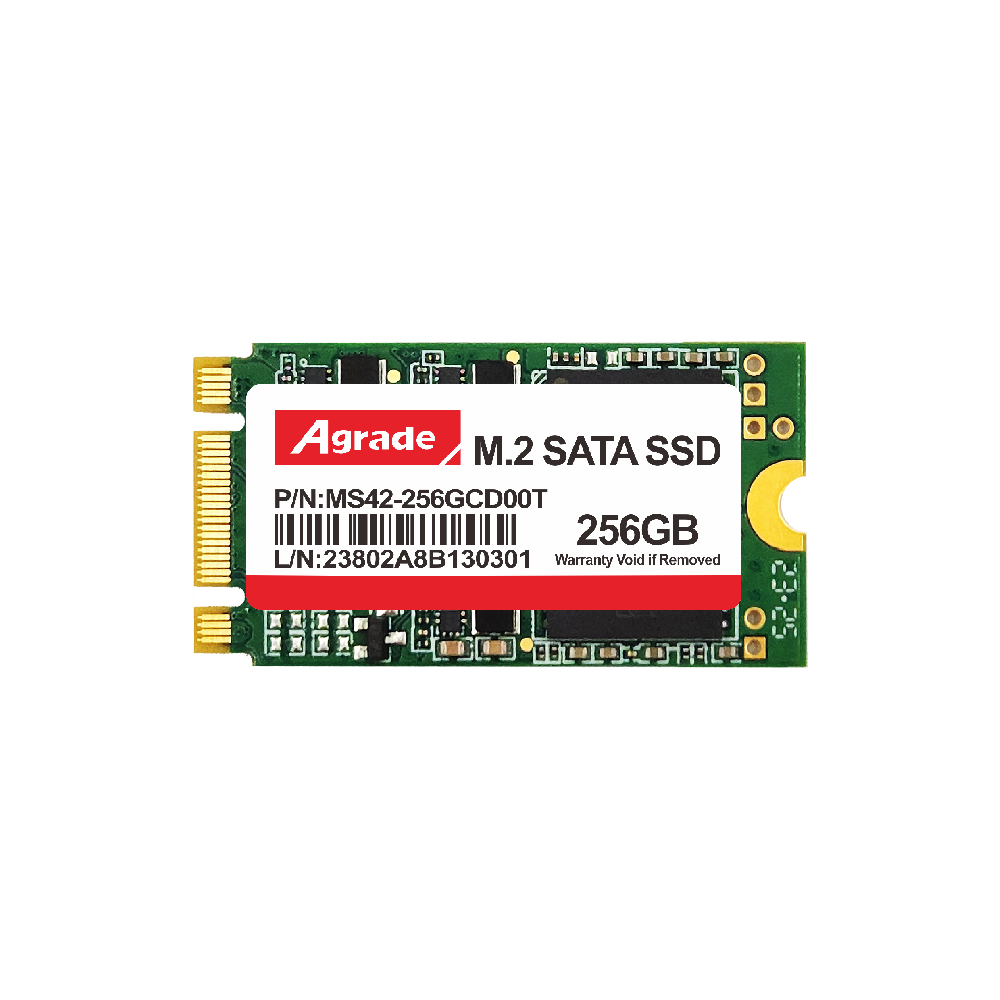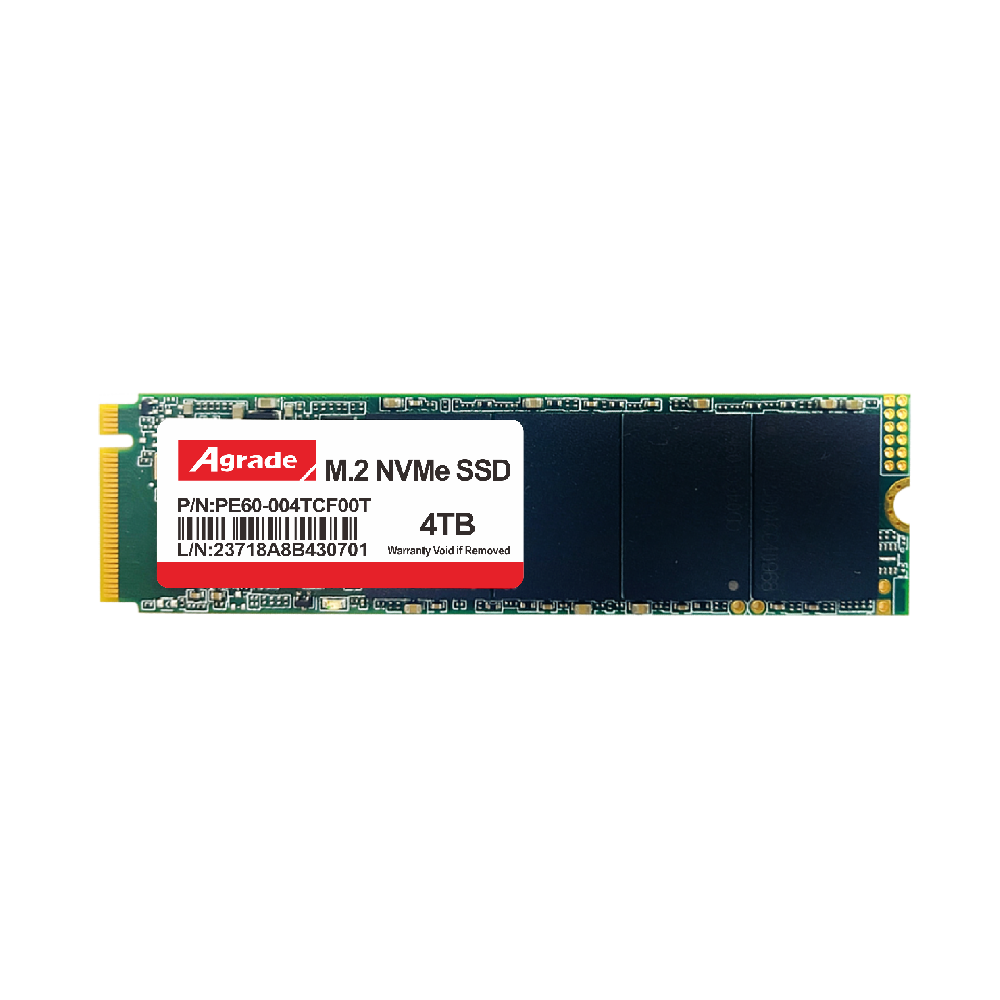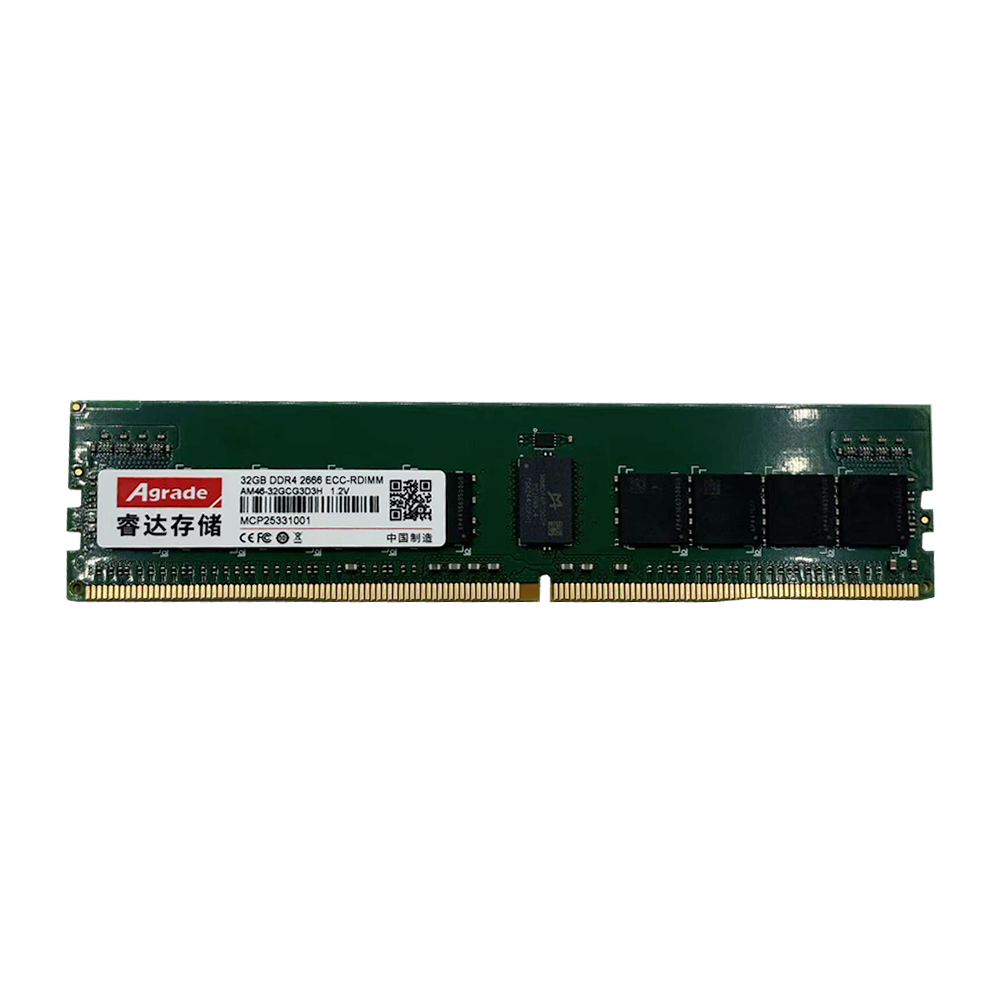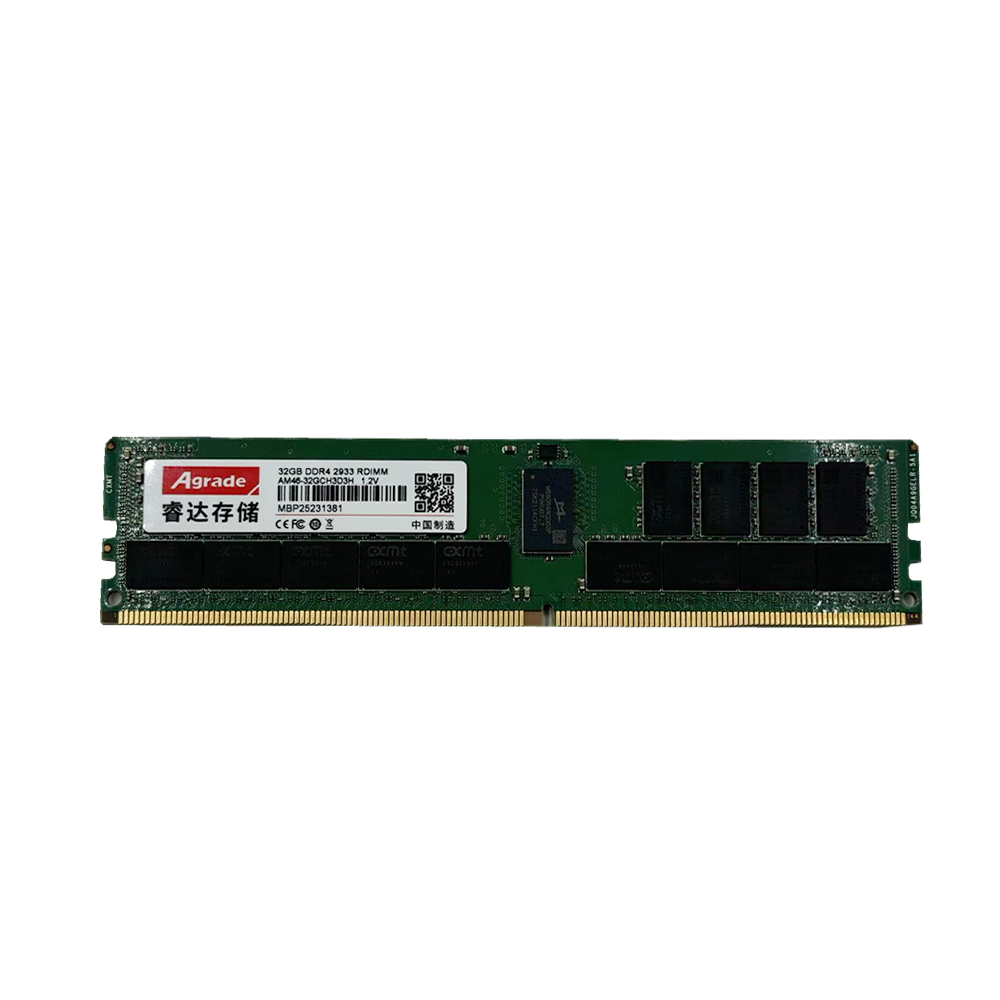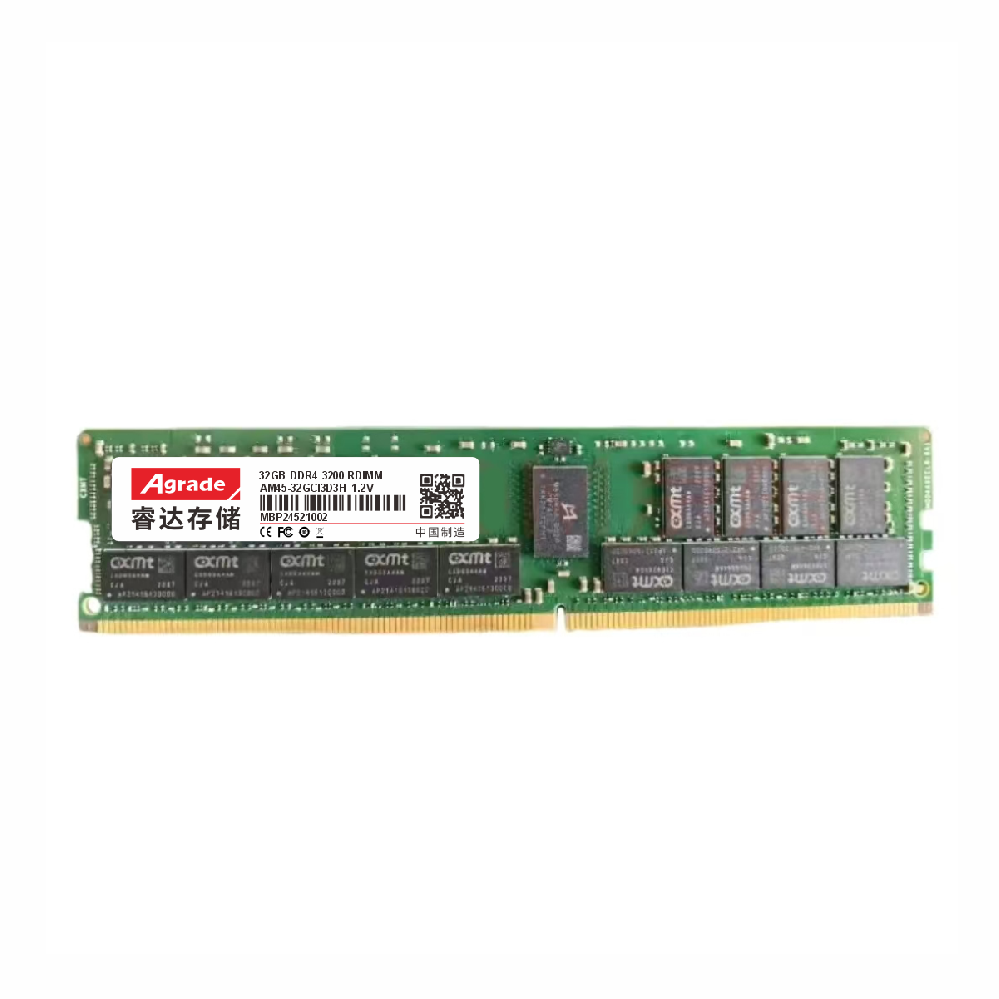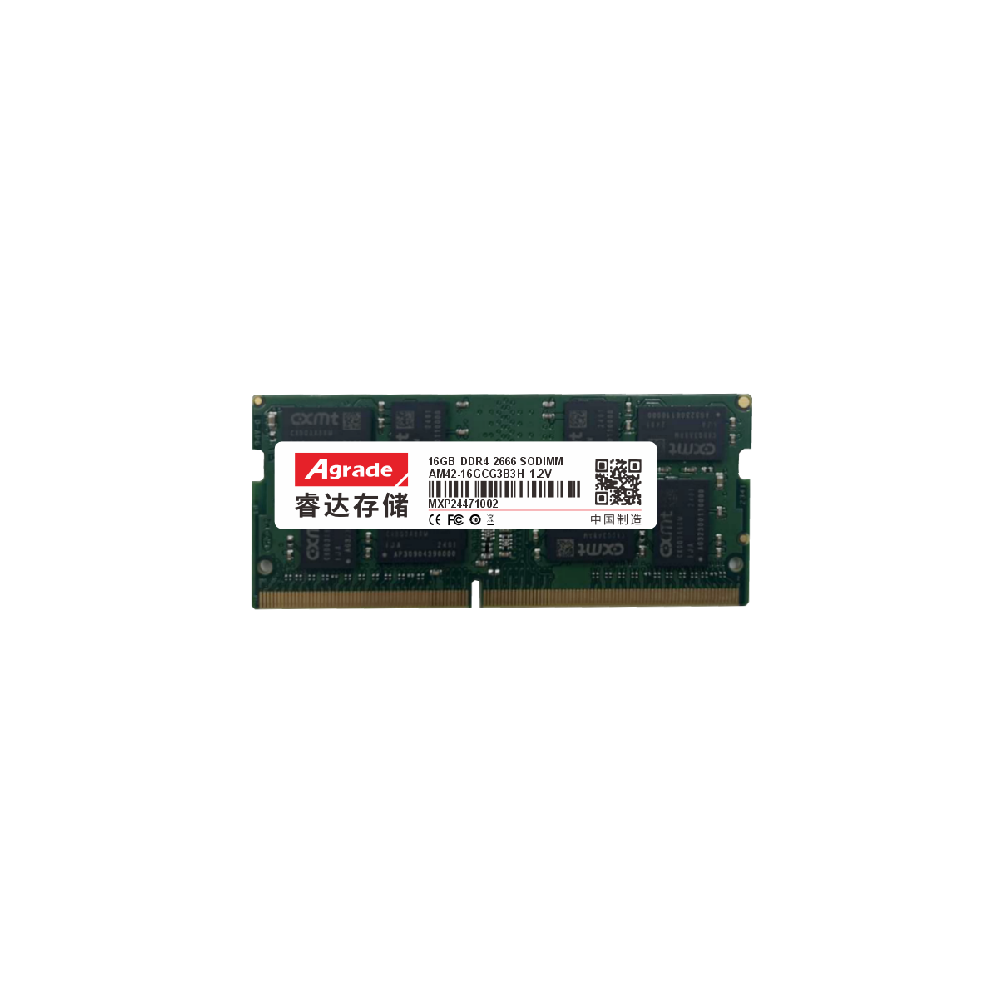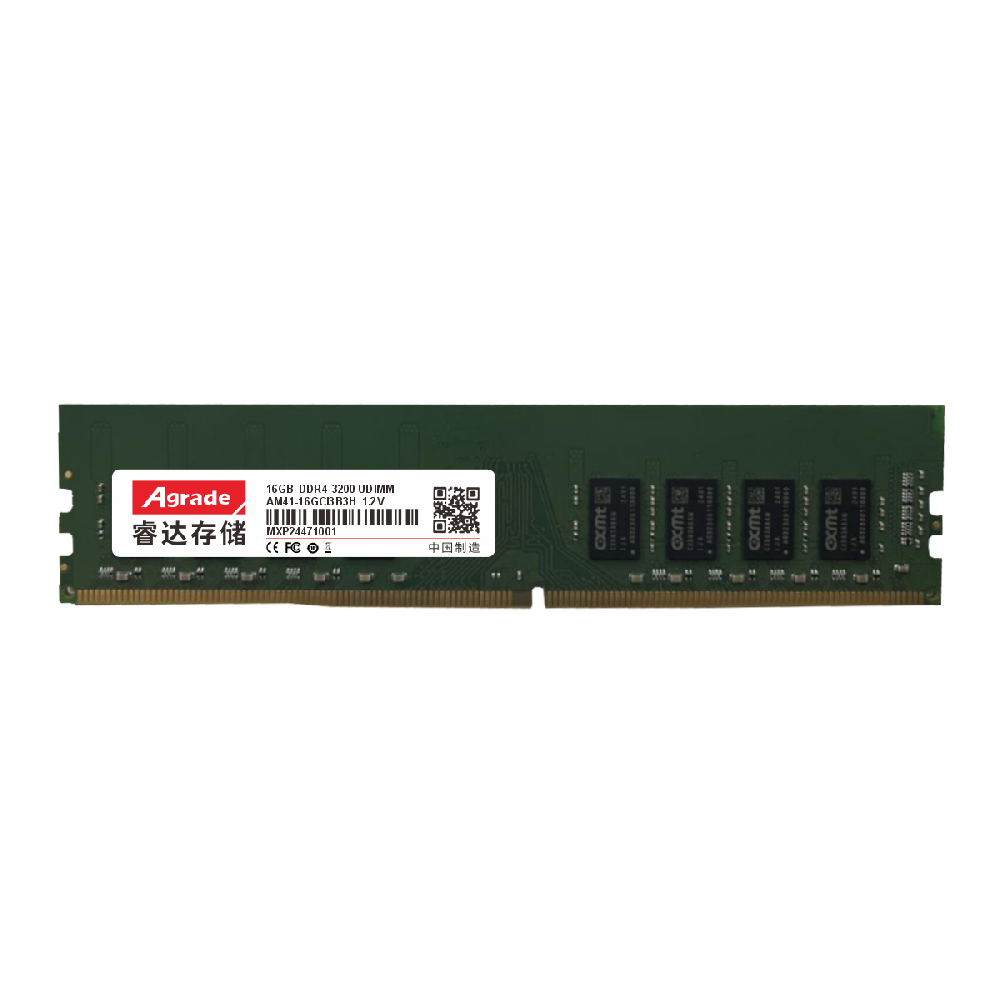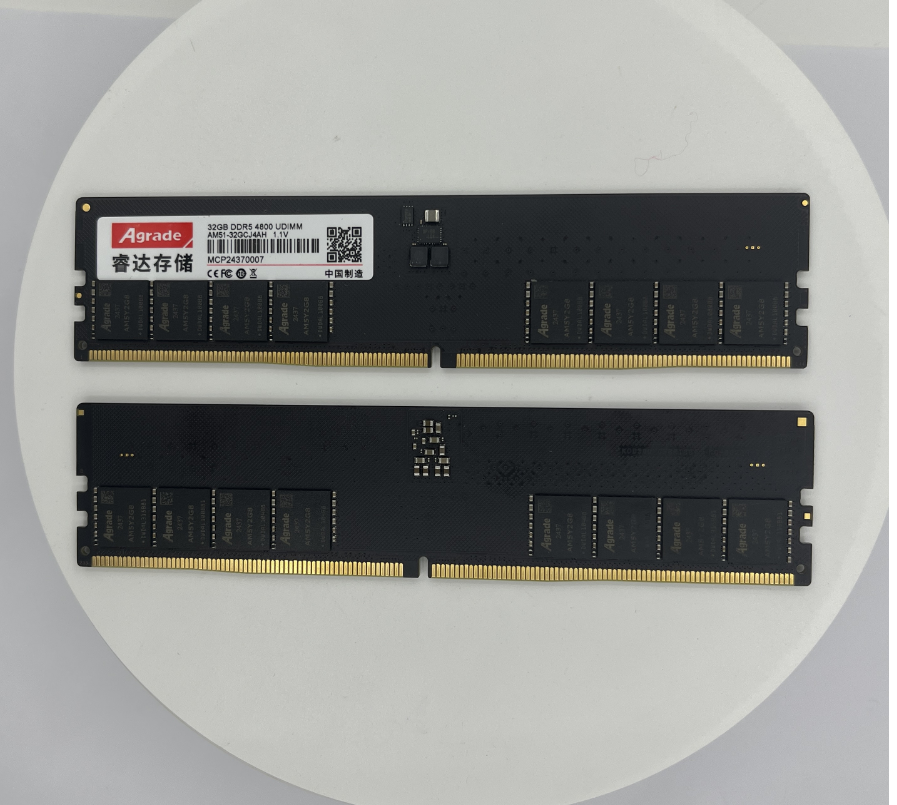

News
 电商部
电商部  2025-11-17 18:21:07
2025-11-17 18:21:07 Top 5 Industrial SSD Applications in 2024
Industrial SSDs have become the backbone of modern critical infrastructure, powering sectors where reliability, durability, and performance are non-negotiable. As industries embrace digitization and Industrial IoT (IIoT), the demand for rugged storage solutions continues to grow. Here are the top 5 applications driving the adoption of industrial SSDs in 2024:

1. Industrial Automation & Smart Manufacturing
Smart factories and industrial automation systems rely heavily on industrial SSDs to store real-time data from sensors, PLCs (Programmable Logic Controllers), and robotic arms. These systems operate 24/7, generating massive volumes of data that need to be processed and stored without delay. Industrial SSDs offer fast read/write speeds (up to 3500 MB/s for NVMe models) and low latency, ensuring smooth communication between devices on the production line. For example, a car manufacturing plant uses industrial SSDs to log assembly line data, track inventory, and execute automated quality checks. The SSDs withstand the factory’s high vibration, dust, and temperature fluctuations (often 0°C to 60°C), preventing costly downtime. Additionally, features like wear-leveling and power-loss protection ensure data integrity, even during sudden power outages.
2. Transportation & Autonomous Vehicles
The transportation sector — including trucks, trains, buses, and autonomous vehicles — requires storage solutions that can endure constant movement, shock, and extreme temperatures. Industrial SSDs are used to store navigation data, sensor readings, and vehicle diagnostics in these applications. Autonomous vehicles, in particular, generate terabytes of data per hour from cameras, LiDAR, and radar systems, requiring high-capacity, fast industrial SSDs to process and store information in real time. For example, a long-haul truck’s telematics system uses an industrial SSD to track fuel consumption, driver behavior, and maintenance needs, even when traveling through deserts (high heat) or mountainous regions (low temperatures and vibration). Industrial SSDs in transportation also meet strict automotive standards (e.g., AEC-Q100) for reliability and safety.
3. Energy Sector (Power Plants & Renewable Energy)
Power plants, wind turbines, solar farms, and energy grid systems depend on industrial SSDs to store operational data, monitor equipment performance, and ensure grid stability. These environments often feature extreme temperatures (from -20°C in wind turbines to 70°C in power plant control rooms) and high levels of electromagnetic interference. Industrial SSDs in power plants store data from generators, transformers, and safety systems, enabling real-time monitoring and predictive maintenance. In renewable energy, solar farms use industrial SSDs to log energy production data, weather conditions, and inverter performance, even in remote locations with limited cooling. The SSDs’ rugged design resists moisture, dust, and vibration, ensuring uninterrupted operation for years — a critical factor given the high cost of maintaining energy infrastructure.
4. Medical Equipment & Healthcare
Medical devices such as MRI machines, CT scanners, ultrasound tools, and patient monitoring systems require storage solutions that are both reliable and secure. Industrial SSDs store patient data, diagnostic images, and device calibration settings, where data loss or corruption could compromise patient care. For example, an MRI machine generates large, high-resolution images that need to be stored quickly and accessed instantly by healthcare providers. Industrial SSDs offer fast transfer speeds and low latency, ensuring images are available for diagnosis without delay. They also meet strict healthcare regulations (e.g., HIPAA in the U.S.) with features like AES-256 encryption, which protects sensitive patient information from breaches. Additionally, industrial SSDs in medical equipment withstand the constant use and temperature fluctuations of hospitals and clinics, with MTBF ratings that ensure long-term reliability.
5. Aerospace & Defense
The aerospace and defense sector demands the most rugged storage solutions, as they must operate in extreme conditions like high altitude, pressure changes, and military-grade shock and vibration. Industrial SSDs are used in aircraft avionics, satellite systems, drones, and military vehicles to store flight data, mission plans, and sensor readings. For example, a military drone uses an industrial SSD to record video footage, GPS data, and enemy detection information during missions, even in harsh desert or arctic environments. These SSDs meet MIL-STD-810G standards for environmental resistance and are often designed to be tamper-proof, preventing unauthorized access to sensitive data. In satellites, industrial SSDs operate in the vacuum of space, withstanding extreme temperature swings (-150°C to 120°C) and radiation, ensuring data is transmitted back to Earth reliably.
Industrial SSDs are irreplaceable in these sectors, as their rugged design, high performance, and data integrity features address the unique challenges of each application. As industries continue to digitize and adopt IIoT, the role of industrial SSDs will only grow, driving innovation in capacity, speed, and durability.






